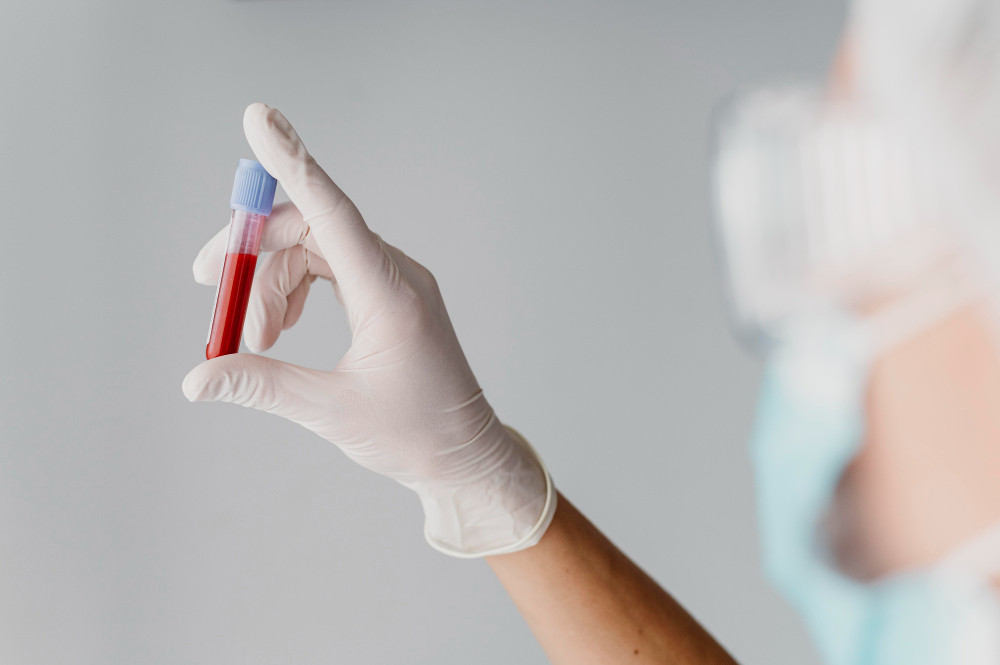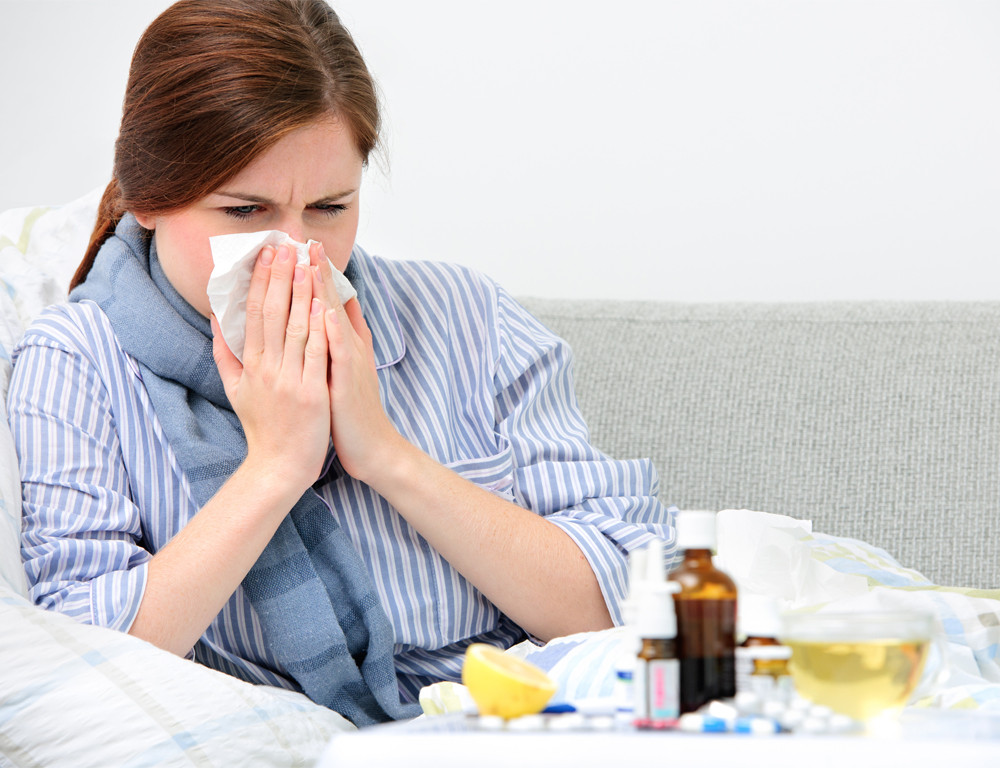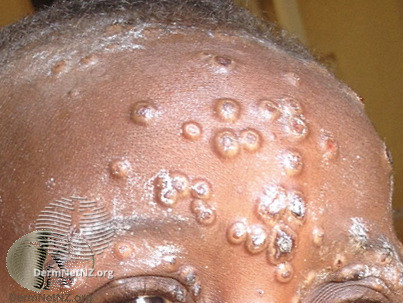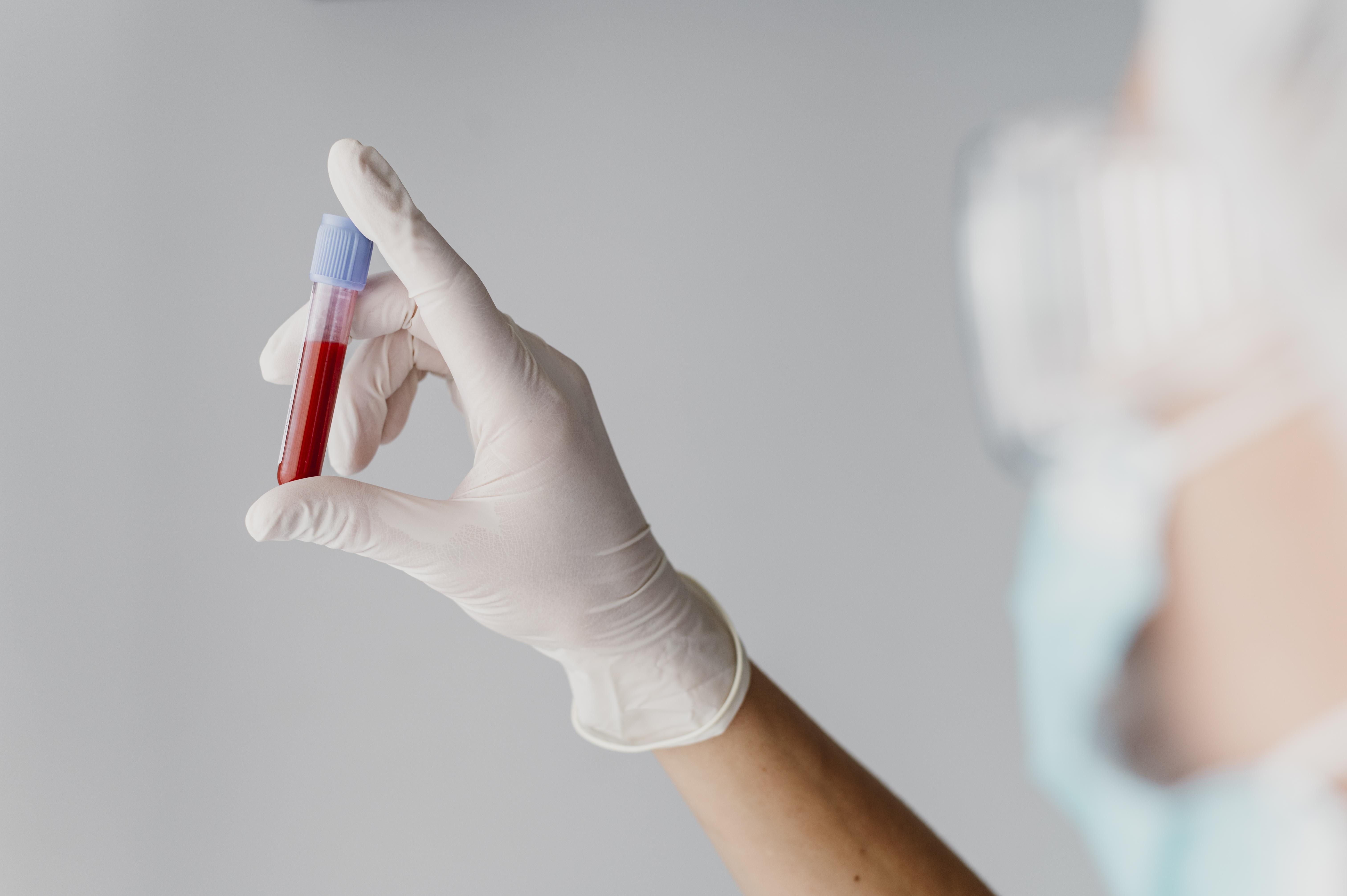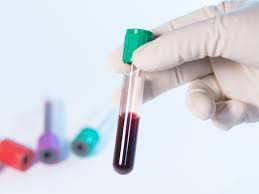Definisi
Anti HSV-2 IgG adalah salah satu pemeriksaan pada infeksi herpes. IgG mengacu pada antibodi atau protein yang diproduksi sistem kekebalan tubuh untuk melawan zat asing yang memasuki tubuh, seperti bakteri atau virus. Sementara HSV adalah singkatan dari virus herpes simpleks. Ada dua jenis virus herpes simpleks, yaitu HSV-1 dan HSV-2.
Oleh karena itu, bisa disimpulkan bahwa tes anti HSV-2 IgG adalah pemeriksaan yang dilakukan untuk mendeteksi antibodi dan bukan virusnya. Tes ini bermanfaat untuk mengetahui apakah Anda pernah terinfeksi atau terpapar HSV-2 dan bila tubuh sudah memproduksi antibodi IgG untuk melawan virus tersebut.
Infeksi herpes simpleks yang disebabkan oleh HSV-2 terutama menyebabkan infeksi di area saluran kemih dan kelamin (urogenital) dan hampir sebagian besar ditemukan pada orang dewasa. Ketika seseorang mengalami infeksi herpes simpleks, tubuh akan mulai memproduksi antibodi sekitar 18-21 hari setelah Anda terinfeksi. Antibodi IgG adalah antibodi yang terus tinggal di tubuh, bisa ditemukan di darah dan cairan tubuh lainnya, serta dapat dideteksi seumur hidup pasien.
Bila Anda tertarik untuk membaca lebih lanjut mengenai infeksi herpes simpleks, Anda bisa membacanya di sini: Herpes Simpleks - Definisi, Penyebab dan Tata Laksana.
Indikasi
Pemeriksaan anti HSV-2 IgG umumnya dilakukan untuk membantu mengonfirmasi bila pasien pernah terpapar HSV-2. Pemeriksaan ini juga bermanfaat dalam membedakan apakah infeksi disebabkan oleh HSV-1 atau HSV-2. Pemeriksaan IgG lebih akurat dalam membedakan infeksi HSV-1 dan HSV-2. Pemeriksaan ini tidak digunakan untuk mendiagnosis infeksi yang aktif.
Herpes simpleks umumnya menular melalui kontak langsung, dan HSV-2 menular melalui kontak seksual dan biasanya memengaruhi area kelamin. Penularan infeksi HSV-2 dapat terjadi selama hubungan seksual atau saat sedang melahirkan.
Organisasi CDC tidak menyarankan bahwa pemeriksaan ini dilakukan pada orang-orang tanpa gejala, karena skrining tidak mengurangi tingkat penularan herpes. Pemeriksaan ini biasanya direkomendasikan pada wanita hamil yang berisiko mengalami herpes kelamin dan orang-orang yang berkontak dengan pasien herpes simpleks atau individu yang terinfeksi HSV-2.
Kontraindikasi
Tidak ada kontraindikasi atau kondisi medis khusus yang membuat seseorang tidak bisa melakukan pemeriksaan anti HSV-2 IgG. Pada proses pengambilan sampel darah, bila pada salah satu lengan terdapat infeksi atau memar, pengambilan sampel darah akan dilakukan pada lengan lain atau anggota tubuh lainnya.
Persiapan Sebelum Pemeriksaan
Anda tidak perlu persiapan khusus untuk menjalani pemeriksaan ini. Tidak ada larangan khusus mengenai makanan atau minuman yang tidak boleh dimakan sebelum pemeriksaan. Namun, pastikan dokter mengetahui semua obat, vitamin dan suplemen yang sedang Anda konsumsi. Hal ini meliputi antivirus atau antibiotik, obat yang bisa dibeli bebas tanpa resep, dan obat-obatan lainnya yang Anda konsumsi.
Beberapa klinik infeksi menular seksual bisa melakukan tes konseling pendek untuk mengetahui bila Anda memerlukan pemeriksaan ini dan apakah Anda berisiko tertular infeksi menular seksual lainnya.
Prosedur Pemeriksaan
Antibodi IgG tidak langsung diproduksi ketika seseorang terinfeksi virus ini, mungkin memerlukan waktu 3-6 minggu dari infeksi awal sebelum antibodi IgG yang dihasilkan tubuh bisa terdeteksi. Pemeriksaan anti HSV-2 IgG sendiri menggunakan sampel darah yang diambil oleh tenaga kesehatan. Beberapa tempat mungkin akan melakukan konseling pretest pendek sebelum pemeriksaan.
Saat prosedur pemeriksaan, sampel darah umumnya diambil dari pembuluh vena di area lengan dengan menggunakan jarum kecil. Area tubuh yang akan diambil darahnya akan didisinfeksi terlebih dahulu dengan kasa alkohol. Tenaga kesehatan kemudian akan menyuntikkan jarum tersebut ke dalam pembuluh darah. Setelah jarum dimasukan, sejumlah kecil darah akan dikumpulkan ke dalam tabung atau vial. Anda mungkin akan merasakan sedikit nyeri ketika jarum masuk atau keluar.
Selanjutnya, tempat pengambilan sampel dibersihkan kembali dengan cairan desinfektan atau alkohol swab dan menekan lokasi pengambilan sampel darah hingga tidak ada darah yang keluar. Prosedur ini biasanya hanya membutuhkan waktu kurang dari 5 menit. Sampel darah selanjutnya akan dianalisis oleh tenaga kesehatan di laboratorium.
Nilai Normal dan Abnormal
Bila tidak pernah terinfeksi atau terpapar HSV-2, maka hasil pemeriksaan anti HSV-2 IgG normalnya adalah negatif, di mana antibodi IgG tidak terdeteksi di tubuh. Bila hasil pemeriksaan positif, hal ini merupakan hasil yang abnormal dan menandakan bahwa Anda pernah terinfeksi HSV-2. Tubuh akan memproduksi antibodi IgG terhadap HSV-2 bila Anda pernah terpapar virus ini.
Hasil dan Saran (Pemeriksaan Lanjutan)
Hasil negatif dari pemeriksaan anti HSV-2 IgG umumnya menandakan bahwa Anda tidak pernah terpapar atau terinfeksi HSV-2 sebelumnya. Sementara itu, hasil positif menandakan bahwa tubuh memproduksi antibodi IgG untuk melawan virus HSV-2 yang memasuki tubuh, dan berarti Anda pernah terinfeksi HSV-2 sebelumnya.
Pemeriksaan anti HSV-2 IgG bisa dilakukan bersama anti HSV-2 IgM. Antibodi IgM adalah antibodi yang diproduksi tubuh sebagai respon saat virus baru menginfeksi tubuh, dan antibodi ini hanya bisa dideteksi pada infeksi yang aktif atau baru terjadi. Oleh karena itu, bila hasil pemeriksaan antibodi IgG dan IgM sama-sama positif, kemungkinan Anda pernah terpapar HSV-2 sebelumnya dan kali ini memiliki infeksi herpes simpleks baru yang aktif.
Namun, bisa terjadi hasil negatif palsu, di mana Anda melakukan pemeriksaan setelah terpapar HSV-2 namun tubuh belum memproduksi antibodi IgG. Bila dokter merasa Anda pernah terpapar infeksi HSV-2 sebelumnya, dokter bisa merekomendasikan pengulangan tes beberapa minggu kemudian.
Konsultasikan ke Dokter yang Tepat
Jika Anda sudah mendapatkan hasil pemeriksaan anti HSV-2 IgG, dokter akan mengonsultasikan hasil pemeriksaannya dengan Anda. Bila Anda memiliki gejala herpes kelamin, penting agar Anda mendapat pengobatan. Dokter akan melakukan evaluasi terhadap hasil pemeriksaan serta mempertimbangkan kondisi Anda saat ini untuk menentukan langkah terapi selanjutnya.
Mau tahu informasi seputar hasil pemeriksaan laboratorium, radiologi, dan lainnya? Cek di sini, ya!
- dr Hanifa Rahma
What is a Herpes IgG Test. (2022). Retrieved 15 May 2023, from https://www.verywellhealth.com/what-does-a-positive-herpes-igg-test-mean-3132937
HSVG. (2022). Retrieved 15 May 2023, from https://www.mayocliniclabs.com/test-catalog/Overview/84429
What is a Herpes Simplex Virus Antibodies Test. (2021). Retrieved 15 May 2023, from https://www.webmd.com/genital-herpes/what-is-herpes-simplex-virus-antibodies-test
Herpes Simplex. (2022). Retrieved 15 May 2023, from https://my.clevelandclinic.org/health/diseases/22855-herpes-simplex#diagnosis-and-tests


